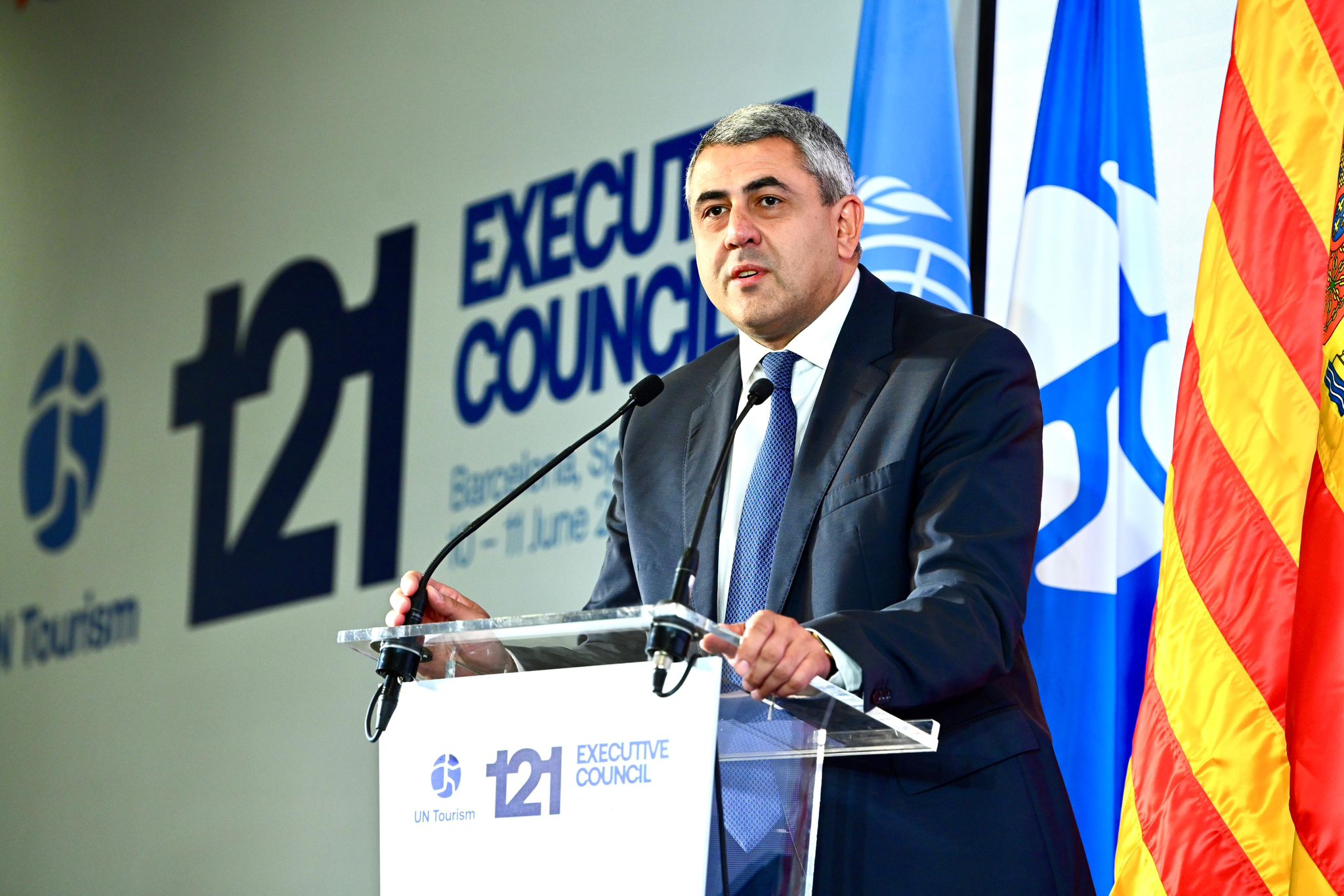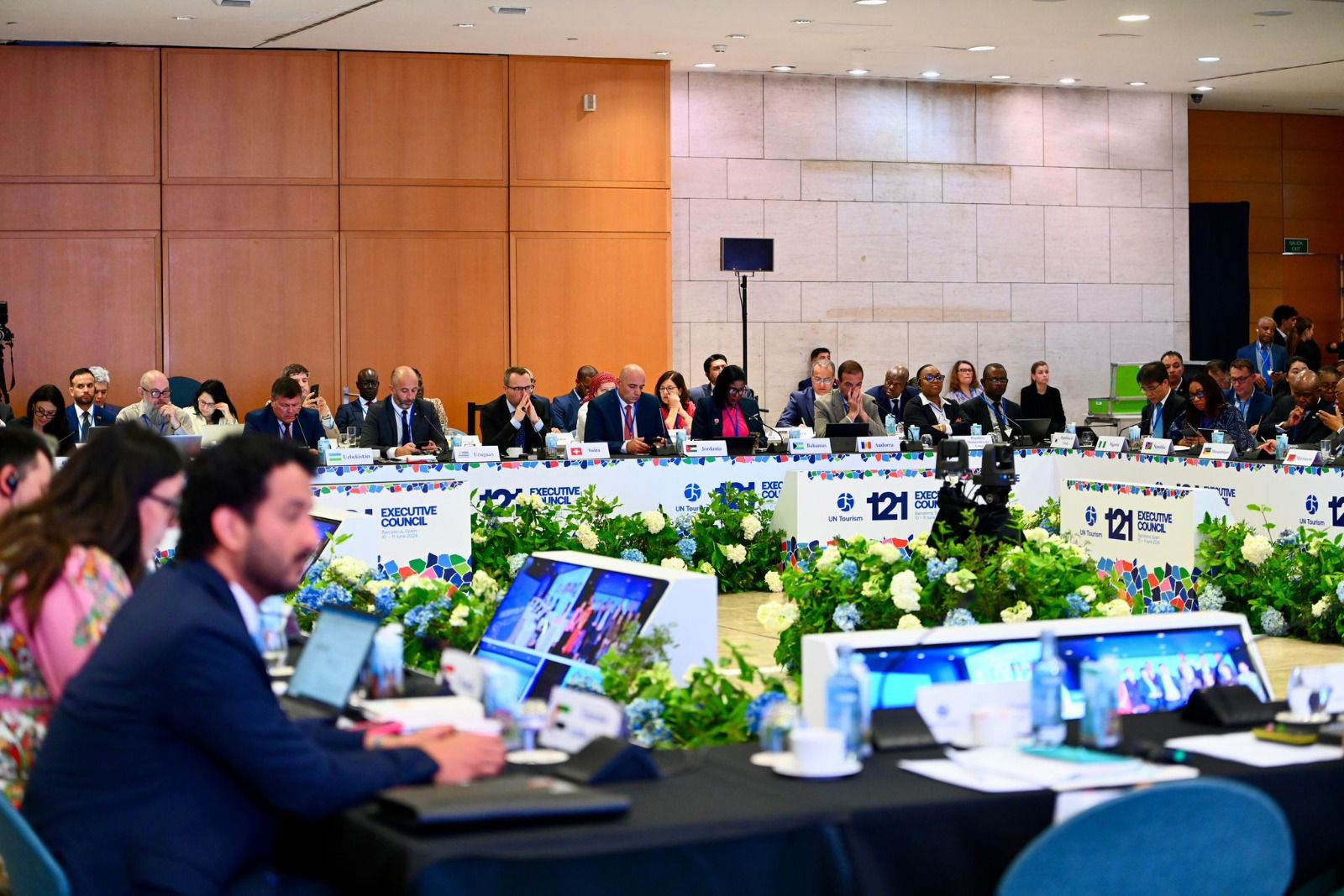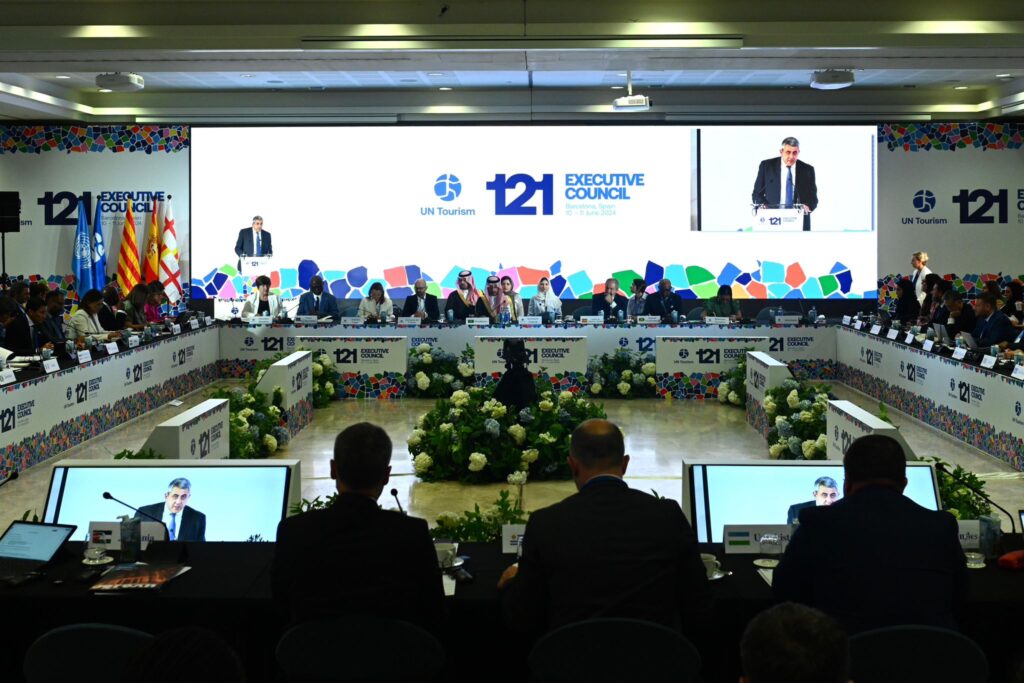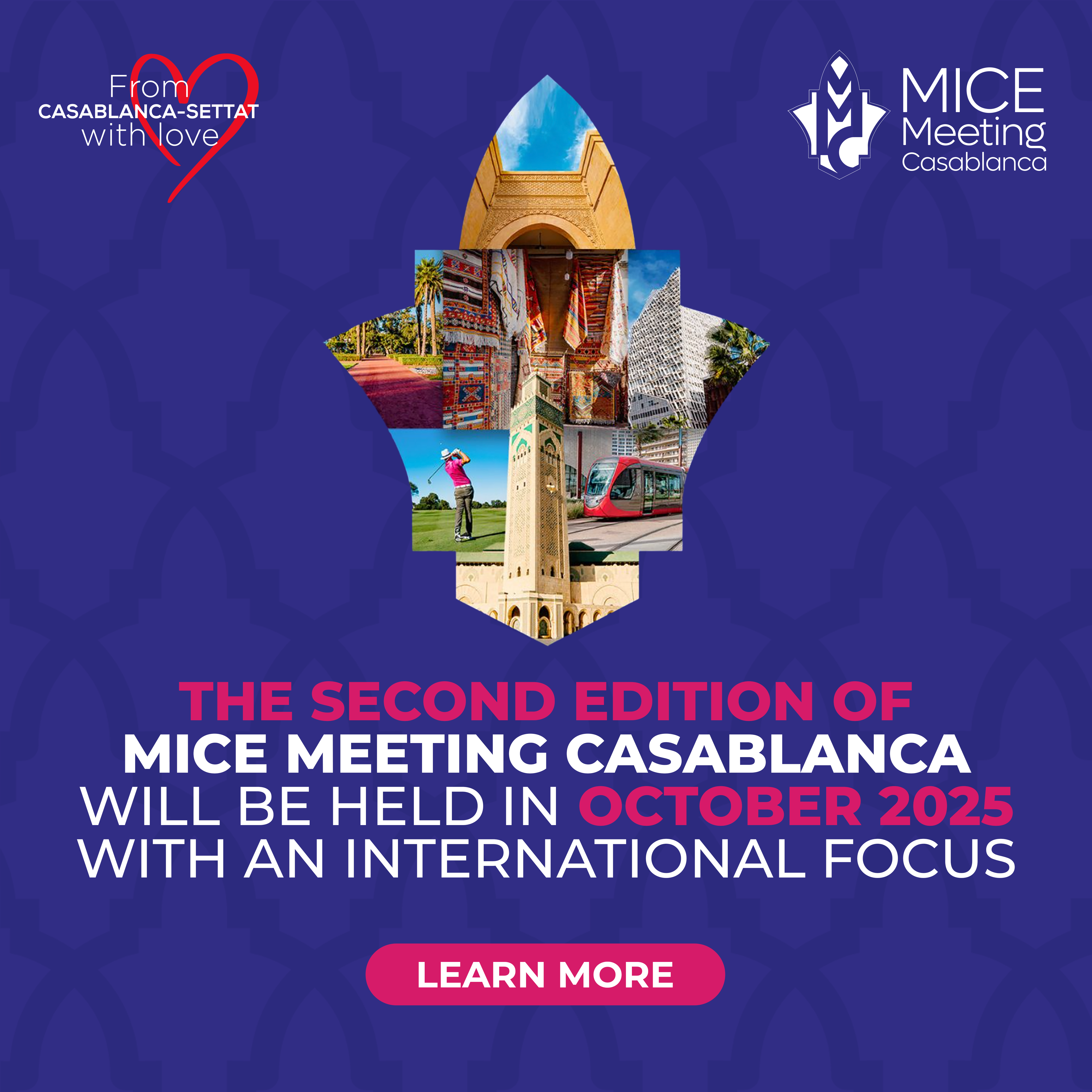Tourism leaders from across the world have met again to shape the sector’s future, emphasizing the sector’s vital economic importance while also placing it firmly on the political agenda.
The 121st session of the Executive Council of UN Tourism welcomed representatives of 47 countries, including 18 Ministers of Tourism, to advance the Organization’s vision for the sector as it achieves full recovery from the impacts of the pandemic. According to UN Tourism data, around 285 million tourists travelled internationally in the first quarter of 2024, 20% more than the same period of last year, while international tourism receipts grew back to USD 1.5 trillion in 2023.
Investments and education remain priorities for sector
Opening the session, UN Tourism Secretary-General Zurab Pololikashvili, stressed the need to embrace innovation and grow and direct investment into the sector in order to drive its positive transformation. “With tourism having bounced back from the biggest crisis in its history, now is the time to channel our energy into building greater resilience against any future shocks,” he said. “At the same time, we must ensure tourism’s growth benefits people everywhere, above all by expanding access to education and job opportunities and harnessing the power of new technology.”

The Secretary-General then presented his report to Members, summarising the Organization’s achievements since the Council last met, again with a special emphasis on the shared priorities of investments into tourism, education and accelerating innovation across the sector. Also, Members adopted the Work Plan for the UN Tourism Agenda for Europe, including three projects focused on the future of winter travel destinations, the regulation of short-term rental platforms, and strategies to mitigate the effects of green investments on tourism SMEs.
Chairman of the Executive Council of UN Tourism and Minister of Tourism of Saudi Arabia, His Excellency Ahmed Al-Khateeb said, “Chairing the UN Tourism 121st Executive Council Meeting was a monumental moment for us, uniting global leaders to tackle the pressing challenges in tourism and progress the industry forward. This gathering underscored our collective vision for a dynamic and flourishing global tourism sector, fuelled by innovation, investment, growth, and strategic partnerships.”
First Tourism Law Observatory Added to Growing Global Presence
In Barcelona, the Executive Council took a significant step forward in UN Tourism’s commitment to creating a harmonized legal framework for the global sector in order to boost confidence in international travel. At the most recent meeting of the Organization’s Regional Commission for the Americas (Varadero, Cuba, 30 April 2024) Members supported the candidature of Uruguay to host the “Tourism Law Observatory for Latin America and the Caribbean” in Montevideo. The Executive Council approved the decision for the groundbreaking legal hub, setting in motion work to add to UN Tourism’s growing portfolio of Regional and Thematic Offices as it continues to move closer to its Members on the Ground.
In Barcelona, the Executive Council was updated on the planned Regional Office for Africa, to be opened in Marrakesh, and the Regional Office for the Americas, to be located in Rio de Janeiro. Keeping this momentum going, the UN Tourism leadership signed a Memorandum of Understanding with the Ministry of Tourism of Greece to establish a Research and Monitoring Centre for Coastal and Maritime Tourism in the Eastern Mediterranean Region.

Urban tourism agenda
Recognizing the management of urban tourism as one of the “pressing challenges” referenced by the Chair, UN Tourism commended Spain’s leadership in advancing sustainable tourism, and Barcelona for taking the lead in shaping responsible and inclusive urban tourism practices. Meeting with UN Tourism Secretary-General Pololikashvili and Spain’s Minister of Industry and Tourism Jordi Hereu, on the sidelines of the Executive Council, Mayor Collboni underscored the importance of tourism for Barcelona, while also outlining plans to manage the sector’s growth and potentially place limits on visitor numbers.
Mayor Collboni also set out plans to organize a special forum for city leaders from across the world to meet to debate the key themes relating to urban tourism and the need to boost private sector involvement. Also Minister Hereu announced that the Government of Spain will present its 2030 Strategy for Sustainable Tourism at the next meeting of the Spanish Tourism Council, to be held in the coming weeks.
Looking ahead to next Executive Council sessions
To conclude, Members confirmed the hosts of the next meetings of the Executive Council. The 122nd session will be held in Cartagena de Indias, Colombia. The 123rd will be hosted by Spain in the first semester of 2025, and the 124th session by the Kingdom of Saudi Arabia in the second semester of 2025.
Read more UN Tourism News here








